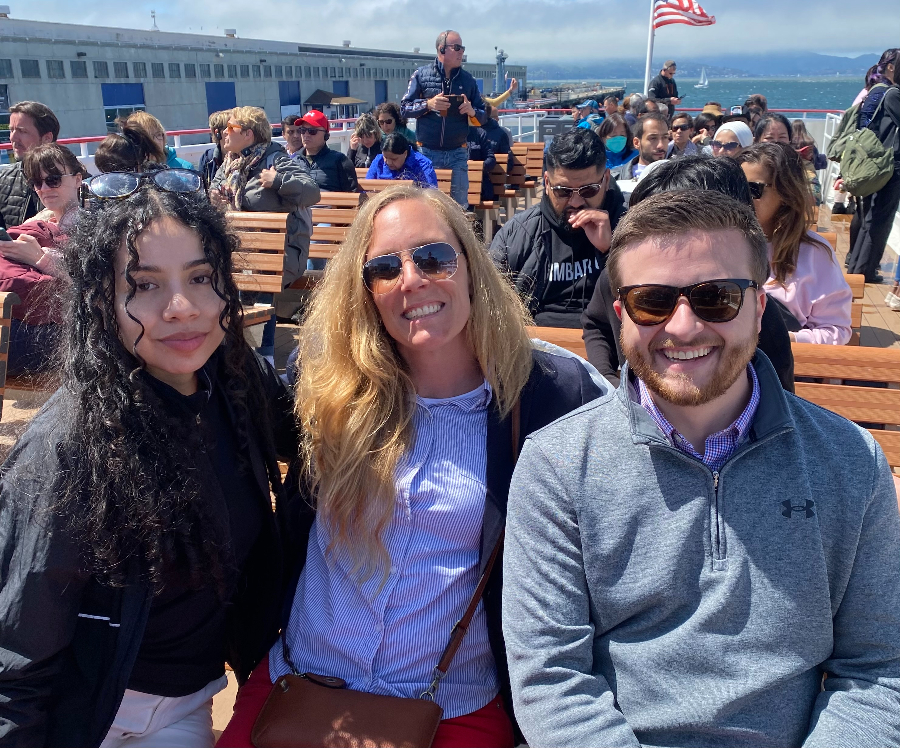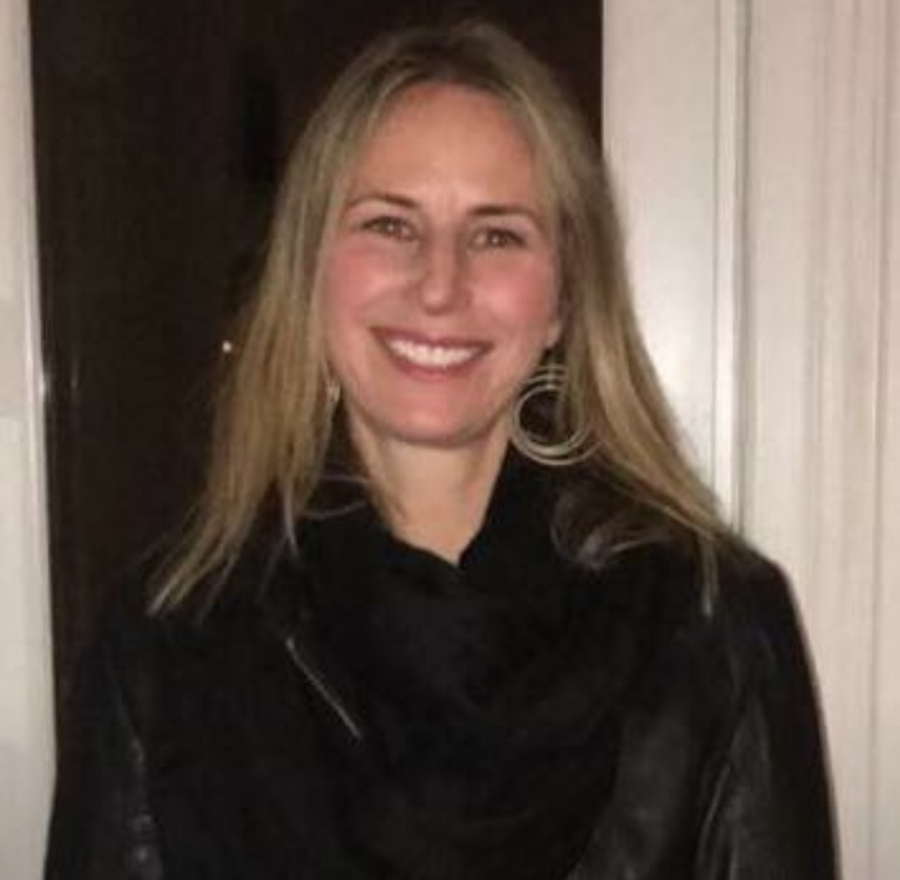How did you get there? Lilah Raynor

Great to hear from Lilah Raynor, founder and CEO of Logica Research. Lilah is driven to help organizations use research to better engage with customers and improve people’s lives.
So, how did you get into the industry, and take us through how you got to this point
I have always walked a line between business and psychology. I took undergrad classes in both business and psychology and ultimately went to graduate school in psychology. I was—and am—fascinated with how and why people make decisions. In grad school I honed my skills in research design and analysis while being able to explore people’s behavior around complex issues. I decided to go into the business world rather than academia so that I could put my curiosity and the research discipline to use in pragmatic ways. I found marketing research to be the perfect intersection of business and psychology.
I was very lucky to be recruited by Charles Schwab early on in my career and had a great experience there where I managed the marketing research group for a number of years. I worked in both the individual investor and advisor parts of the business, managing a team and designing and launching core tracking studies, as well as building out research frameworks that informed product and service launches.
I started Logica Research to be able to bring financial services research expertise and exceptional service to clients. I loved working with the smaller research firms when I was on the client side and wanted to bring the best of those experiences to my own company. As a smaller firm, we are able to be flexible and nimble, while also bringing a senior level of expertise and consultative approach to our work with clients.
Career paths are rarely without challenges. Can you share an honest moment from your career when things didn’t go quite according to plan, but the lessons remain with you to this day?
Overall, I feel incredibly fortunate in my career and the ability to have built a great business, doing interesting work, with people I enjoy working with. I was at a company early in my career that went through a series of layoffs. It was a challenging time for everyone, and you really had to learn to roll with things while being sensitive to how people work and manage through changes like that. The biggest lesson that I have learned is to be flexible and be willing to try things and adapt quickly. That lesson to be flexible and adapt has stayed with me, whether it’s working with complex organizations who themselves are going through change, adapting to changing needs on a project, or with team members. It also helped during COVID, which had everyone learning how to work through challenges when things don’t go according to plan.

You’ve been involved with Women in Research (WIRe) for many years. For someone starting out in Market Research, can you quickly pitch to me why they should pay special attention to WIRe?
WIRe has been tremendously important to me in my career. I am a member of WIRe exec, have done pro bono research for WIRe to share with the industry, and am a mentor in the organization.
The biggest benefit of WIRe for me has been the connections I have made to other people in the industry. We have created collaborations and partnerships with other people in the industry, and these have helped me grow personally as well as helped our business grow.
I highly recommend WIRe for anyone in research to take advantage of their programs and events to meet people.
What is the WIRexec Program?
The WIRexec Program is aimed at helping executives grow in the industry, particularly women executives and women founders like myself. Many of the people I have met through WIRe have been through WIRe exec, and these connections and relationships have really helped me in leading and growing Logica.
And apart from getting involved in WIRe, what two things should junior researchers focus on as they progress in their careers?
First, as researchers, it’s key to always be learning. We are curious by nature and it’s important to feed that. And by learning, I mean learning knowledge and skills but also growing more broadly—professionally and personally.
Second, continuously connect and nurture relationships—with your peers, your managers, your suppliers, your partners, and your clients.

Do you have any advice for our sector?
As researchers and insights professionals, we play a key role in helping organizations provide customer-centric products and services that improve people’s lives. To do this, we are change makers and futurists. My advice to individuals is to stay actively involved in the research community, continuing to learn new methods, new technology like AI and its implications, and to build relationships and learn from others so that you
can bring exceptional skills to your work. My advice to the industry, is to remember how important our role is to the organizations and people we serve, whether inside a company at a brand or externally as a research firm. We have a responsibility to help organizations drive change and improve people’s lives through the research that we do. That means as an industry that we can advocate for, and deliver, research that is exceptional—unbiased, responsible, empathetic, and inclusive.
And do you have anyone who has helped your career so far that you’d like to acknowledge and say thanks or give a shout out to?
There are so many people! The list would be very long. I am super lucky to have worked with amazing people at Charles Schwab and had a great experience there with hundreds of connections. I would thank my managers and colleagues there. And, very importantly, I want to thank everyone who has ever worked at Logica and been a member of the team, and our clients, suppliers and colleagues. And a big thank you to the leadership at WIRe and the friendships and connections I have made through WIRe.